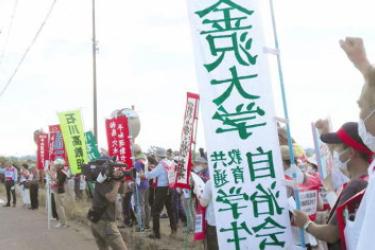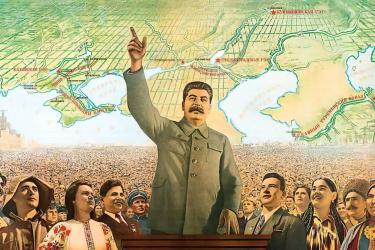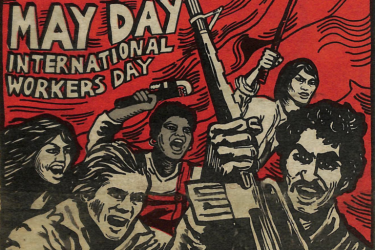Akira Kato discusses rising US-China tensions in the Asia-Pacific, Japan’s attempts to transform itself into a regional military power, the conflicts over Ukraine and Taiwan and building mass anti-war struggles today.
Stalinism
Vadim Rogovin — The internationalist doctrine of Marxism suffered the most ruthless annihilation in Stalin's ideology. To fill the resulting ideological vacuum, Stalin orientated his propaganda machine to appeal to the national-state stereotypes rooted in mass consciousness.
Emerging from the social upheavals of the 1960s, the Revolutionary Communist Party (RCP) counted many dedicated organizers in its ranks who were inspired by the ideas and the example of Maoist China. The party used Maoist theory not only to plan for a future socialist revolution, but also to grapple with the complicated history of Stalinism and its impact on the international communist movement and the USSR. While the RCP did confront some of the dogmas and myths of Marxist-Leninist orthodoxy, in the end they were unwilling and unable to effectively understand Stalinism.


